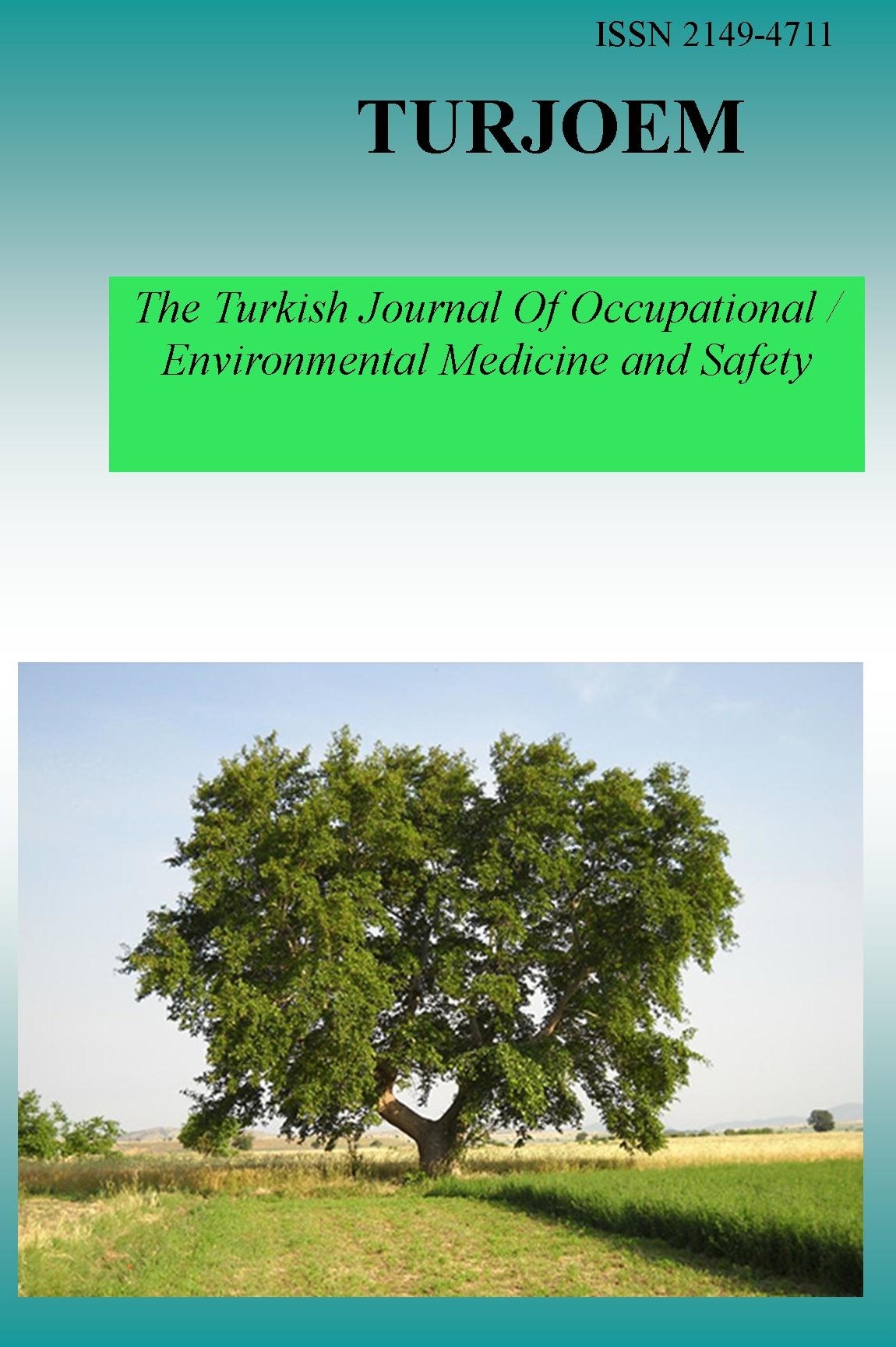Essential Oils As Repellents In Insect Control
Essential Oils As Repellents In Insect Control
The
insects and arthropods are vectors for many disease like Dengue fever, Malaria,
Yellow fever, Lyme disease and Zika virus infection. For many years people used
different ways to protect themselves from these vectors. In the past people
have been using plants in traditional ways to protect themselves against
insects. In 1950s synthetic chemicals have been started to used like DEET(
N,N-diethyl-m-toluamide) which is a very effective synthetic repellent against
mosquitoes and ticks. However in recent years concerns over the use of DEET due
to the cause of risk to human health and ecosystem have led scientists to look
for natural repellent products. Essential oils are complex mixtures of volatile
organic compounds produced as secondary metabolites in plants; they are
constituted by hydrocarbons (monoterpenes and sesquiterpenes) and oxygenated
compounds (alcohols, esters, ethers, aldehydes, ketones, lactones, phenols and
phenol ethers). The major promising entomological use for EOs in human health
arena are for repelling biting flies and ticks. Essential oils' repellent
activity has been linked to presence of monoterpenes and sesquiterpenes. Among
essential oil-producing plants, some genus such as Cymbopogon spp., Eucalyptus
spp. and Ocimum spp. have been widely studied and studies shows essential oils
effectively repel some species of mosquitoes in the genus Culex, Anopheles and
Aedes. Although most of essential oils are not particularly toxic, some can
cause skin irritation and allergies. Essential oils, when compared with DEET,
due to their volatile nature, have a much lower level of a risk to the
environment however due to also their highly volatile nature repellent activity
and residual time of essential oils are shorter than DEET but use of other
natural products in mixture, such as vanillin, could increase the protection
time, potentiating the repellent effect of some essential oils.
Keywords:
essential oils,
repellent, insect control
___
- Elif Durmaz, Ersin Nazlıcan, Muhsin Akbaba
Public Health Department, Çukurova University, Adana Turkey
